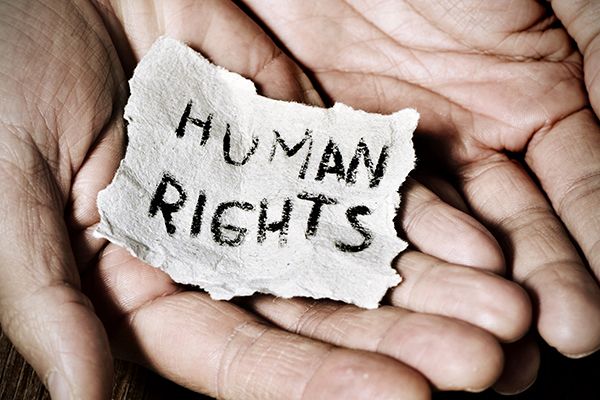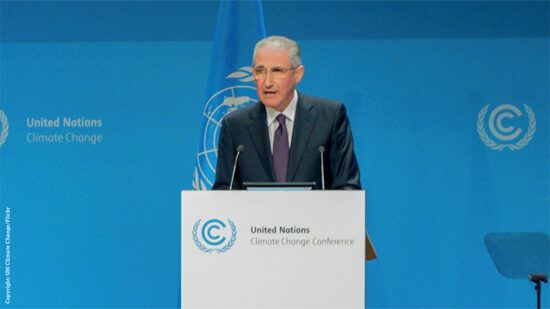Human rights are deteriorating across several middle-income countries that make up large parts of government debt portfolios, creating conflicts for ESG investors, according to the latest Verisk Maplecroft sovereign ESG ratings.
Brazil, Indonesia, Mexico and South Africa are among the key sovereigns for ESG bond investors to watch, where institutions have weakened and violations have increased since 2020.
Its ratings have identified tighter economic conditions and political inaction as reason human rights have been put on the back burner in these countries.
Worsening human rights can be an early warning sign for widening risks in the future, including instability.
In the immediate term, sovereign investors should look to press these governments on policy areas that have unravelled and bring human rights back up the agenda as part of their ESG incorporation strategies, Verisk said.
While rights protections are already weak in the very poorest countries, and the developed world has mostly proved resilient, the focus has swung onto countries in the middle.
This includes those issuers that make up the investable emerging and frontier market universe, institutions have become less effective and violations are becoming more severe and widespread.
Human rights risks
Analytics underpinning the sovereign ESG ratings suggest this could be more than a post-pandemic blip.
Many countries whose social risk profile has declined since 2020 are close to tipping points that would see them downgraded in the ratings from ‘moderate’ to ‘weak’ performers in the human rights category.
The heavily traded markets of Brazil, Colombia, Indonesia, Mexico, Peru, the Philippines and South Africa all fall into this group.
Verisk Maplecroft’s past research suggests that such moves could be material to the market pricing of a country’s bonds.
“The short-term outlook for human rights in these countries is unfortunately challenging,” said James Lockhart Smith, head of markets at Verisk Maplecroft.
“But if a mix of political and economic crises is to blame, rather than a coordinated strategy to deliberately roll back rights guarantees, then there is plenty for sovereign investors to work with.”
Investors should be frank about violations when engaging with governments, he added, where driving implementation of processes in key institutions to facilitate change should be a key area of focus.
Lockhart Smith added: “Our Sovereign ESG Ratings and their underlying human rights risk data show these are exactly the aspects that have recently begun to fray. If they remain unchecked the risks could become material.”








